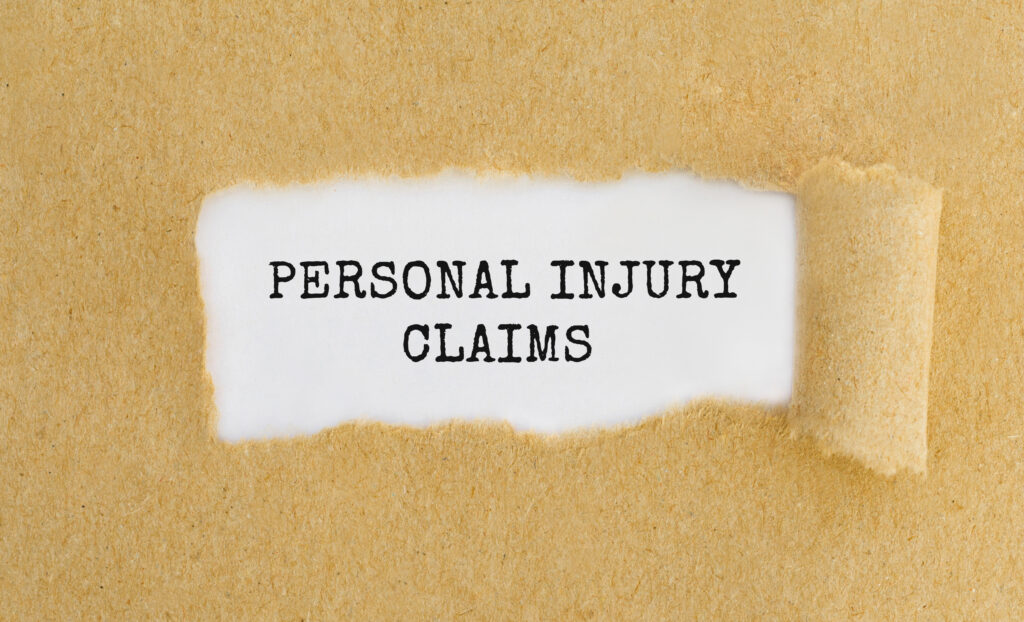Property ownership in Tennessee is generally straightforward—you purchase land, record your deed, and enjoy your rights as the legal owner. But under certain circumstances, someone who is not the deed holder may be able to claim ownership of property through a legal principle known as adverse possession. At Champagne Law Firm, we help property owners and landholders understand their rights when faced with potential adverse possession claims or disputes over boundary lines.
What Is Adverse Possession?
Adverse possession is a legal doctrine that allows someone to claim ownership of land they have occupied and used openly for a set period of time, even if another person holds legal title.
The idea is rooted in fairness and practicality: if a property owner fails to assert their rights for many years while another person continuously uses the land, the law may eventually recognize the possessor’s claim.
Requirements for Adverse Possession in Tennessee
Tennessee law (see Tennessee Code Title 28 – Limitations of Actions) sets out specific requirements for adverse possession. To succeed, the possessor’s use of the land must be:
- Actual – The land must be physically used (such as farming, fencing, or building).
- Open and Notorious – The use must be visible and obvious, not hidden.
- Exclusive – The possessor cannot share use of the land with the true owner.
- Continuous – The occupation must be uninterrupted for the statutory period.
- Hostile – The use must be without the owner’s permission.
In Tennessee, the required time period varies:
- 7 years if the possessor has a recorded deed or color of title (even if flawed).
- 20 years without color of title.
Common Situations Leading to Adverse Possession
Adverse possession disputes often arise in cases involving:
- Boundary Line Errors – A fence or driveway mistakenly built across a neighbor’s property.
- Abandoned Property – Land left unused or ignored by the legal owner.
- Encroachments – Structures, sheds, or improvements placed on another’s property.
- Family or Neighbor Disputes – Long-standing informal use of property without legal documentation.
Why Adverse Possession Matters
Adverse possession can have significant consequences for property owners. If a neighbor or other individual meets the legal requirements, they can file a lawsuit to quiet title and potentially gain ownership of your land.
For property owners, vigilance is key. Failing to regularly inspect and protect your property could result in the loss of valuable land over time.
How an Attorney Can Help
Adverse possession cases are complex, requiring careful review of deeds, surveys, historical records, and witness testimony. At Champagne Law Firm, we help clients:
- Defend against adverse possession claims to protect their property.
- File claims to establish ownership when requirements have been met.
- Resolve boundary disputes before they escalate into litigation.
- Review and update deeds and property records to prevent future conflicts.
Final Thoughts
Adverse possession is a powerful but often misunderstood legal concept. Whether you’re concerned about losing land or believe you may have a claim to property you’ve used for years, it’s essential to seek legal guidance.



